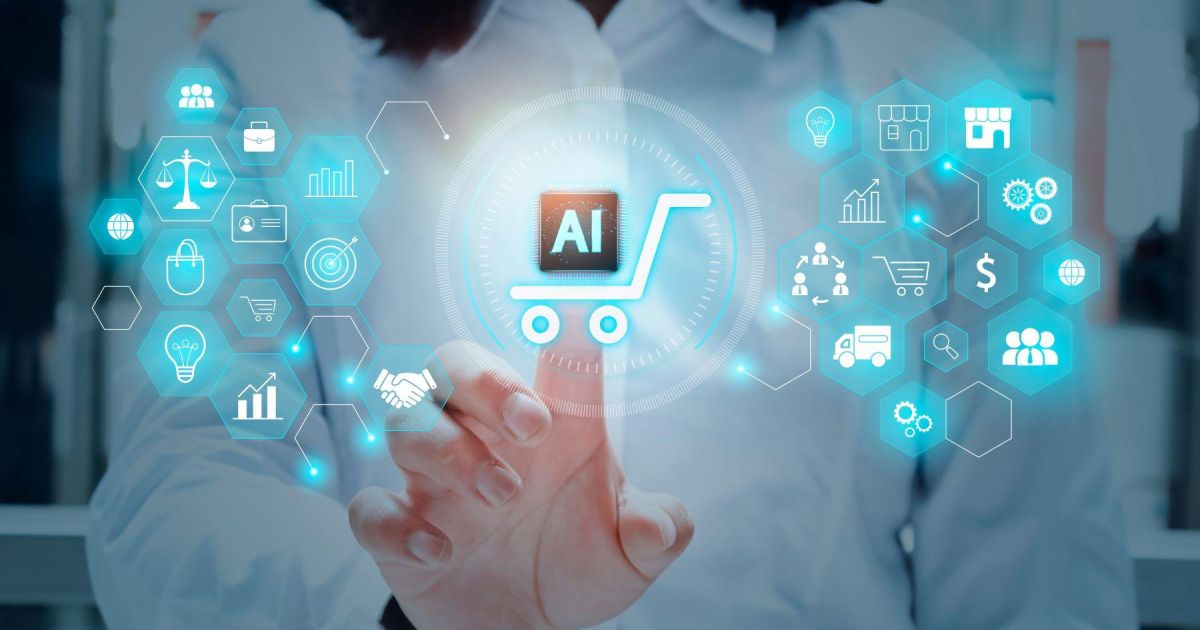Marketers today have no choice: they must embrace artificial intelligence (AI) in their daily work. The question often arises: “How?” Web marketing consultant Myriam Jessier.
What are the main AI use cases for marketing professionals today?
Myriam Jessier: Artificial intelligence (AI) is widely used in marketing to enhance efficiency and personalize customer experiences. In terms of tasks, AI helps automate repetitive duties or allows delegation of low-value tasks.
Here are a few major use cases:
- Efficiency: With AI, tasks like content summarization or recurring social media posts can be automated, allowing resources and time to be allocated to more strategic activities. According to Hubspot’s The State of Marketing 2024 report, 95% of marketers confirm increased efficiency thanks to AI tools.
- Content creation: A significant portion of marketing content is now generated with the help of generative AI, enabling faster production of text and visuals, often leading to better performance. According to Hubspot, 63% of marketers believe that by 2024, most content will be created with the help of generative AI, and 56% say this AI-generated content performs better than non-AI-created content.
- Data analysis: AI tools are also used to analyze data and inform marketing strategies.
- Planning and coordination: AI helps forecast and organize marketing calendars well in advance, based on historical data and market trends.
- Ad campaign optimization: Companies like Google use AI to generate ads from your site’s images and optimize bids.
What can AI change in the future of marketing jobs?
Myriam Jessier: Marketing professionals now need to focus on higher-value tasks and learn to use AI tools effectively. Many tasks previously assigned to interns or freelancers can now be automated by AI. But there’s a positive side!
AI allows marketers to refocus on the essence of marketing: communicating effectively with humans and addressing various audiences in a personalized way. AI is transforming marketing jobs in several ways:
- Increased personalization: AI enables more personalized customer experiences, essential for customer retention and boosting sales. 72% of marketers say that AI and automation help them personalize the customer experience.
- Improved efficiency: AI reduces the time spent on manual tasks, allowing marketers to focus on more creative work, saving up to three hours per content creation.
On the flip side, what aspects of marketing cannot be replaced by AI?
Myriam Jessier: Despite AI’s advancements, certain human skills remain irreplaceable:
- Creativity and emotional intelligence: AI lacks creativity and emotional intelligence, which are essential for developing original ideas and understanding the emotional impact of campaigns.
- Contextual understanding: Humans can understand cultural and contextual nuances that AI might miss.
- Strategic vision: Humans are better equipped to define long-term strategies and make decisions based on a comprehensive understanding of the market and business objectives.
What about writing prompts for AI—are they accessible to everyone, or do they require specific technical skills?
Myriam Jessier: Writing prompts for AI is a skill that can be learned by anyone but requires an understanding of AI’s capabilities and limitations. Here are a few best practices:
- Clarity and specificity: Always provide a clear task to the AI and specify the expected result. Is it a table? A list? An article?
- Context: Provide adequate context to guide the AI toward the desired response. My tip: give the AI a “job” to help it answer.
- Examples: Provide examples of what you expect to help the AI better understand your expectations.
These practices help optimize the use of AI tools and improve the effectiveness of interactions with these technologies. We’ve moved from the information era to the intelligence era.
 training.isarta.com
training.isarta.com  training.isarta.com
training.isarta.com 






